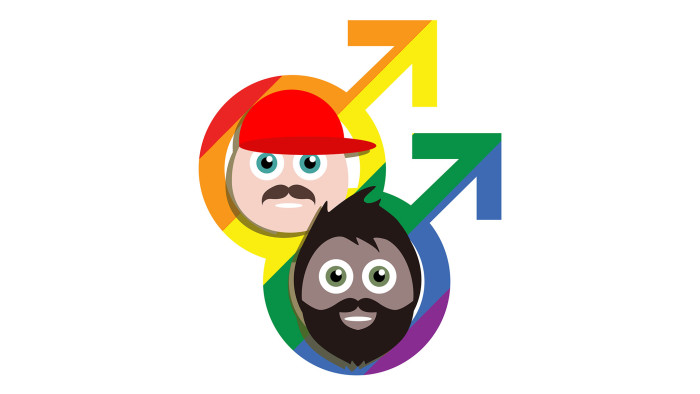LGBT emojis come unstuck in Indonesia

Roula Khalaf, Editor of the FT, selects her favourite stories in this weekly newsletter.
The Indonesian government has demanded social networks take down emoticons depicting same sex couples, raising concerns about the growing influence of religious hardliners in the world’s largest Muslim-majority country.
Line, the Japanese chat app, has removed several stickers in Indonesia following customer complaints in January and Jakarta is now demanding that Facebook follow suit by axing digital emoticons with a homosexual theme.
“We are banning these stickers because they were causing unrest in society, especially among parents,” said Indonesia’s information and communication ministry. “The government can’t allow LGBT [lesbian, gay, bisexual, and transgender] images that cause unrest, especially in relation to the religious and cultural norms in Indonesia.”
Facebook, which also owns messaging service WhatsApp, could not be reached for comment. Messaging apps and social media platforms play an important role in Indonesia, which has 73m internet users and 72m active social media accounts, according to the latest report from We Are Social, the marketing group.
Online platforms — from search engines to social networks — say they are accustomed to tweaking their products in the Muslim-majority country, where pornography is banned and advertisements for alcoholic drinks are frowned upon.
“We voluntarily removed the stickers as we have been aware that some concerns were raised in regards to culturally sensitive content,” said Line, adding that it had not faced similar issues in other markets.
This week’s ban follows other cases of discrimination against LGBT groups in recent weeks, including suggestions by government officials that HIV outreach events for gay and bisexual men on university campuses be withdrawn.
The Indonesian public is generally proud of the country’s tolerant traditions. Though 90 per cent of the 250m population is Muslim, the country has strong Hindu and Christian minorities, and homosexuality is not criminalised.
However, the Indonesian Ulema Council (MUI), the country’s highest clerical body, issued a fatwa condemning homosexuality in 2014. This week’s ban has raised concerns that the powerful religious body is gaining influence over policy in Southeast Asia’s largest economy.
“Many bureaucrats and security officers are biased and their biases are tolerated,” said Andreas Harsono at Human Rights Watch. “Officers confuse whether they are to listen to the constitution or to listen to the fatwa; that is the basic problem.”
Michael Buehler, an Indonesia expert at the School of Oriential studies in London, said the MUI had adopted a quasi-official role in recent years and government officials had been hesitant to defend the rights of minority groups.
“Many MUI fatwa have inflamed local conflicts rather than contained them,” he said.
Additional reporting by Irene Astuti in Jakarta
Comments